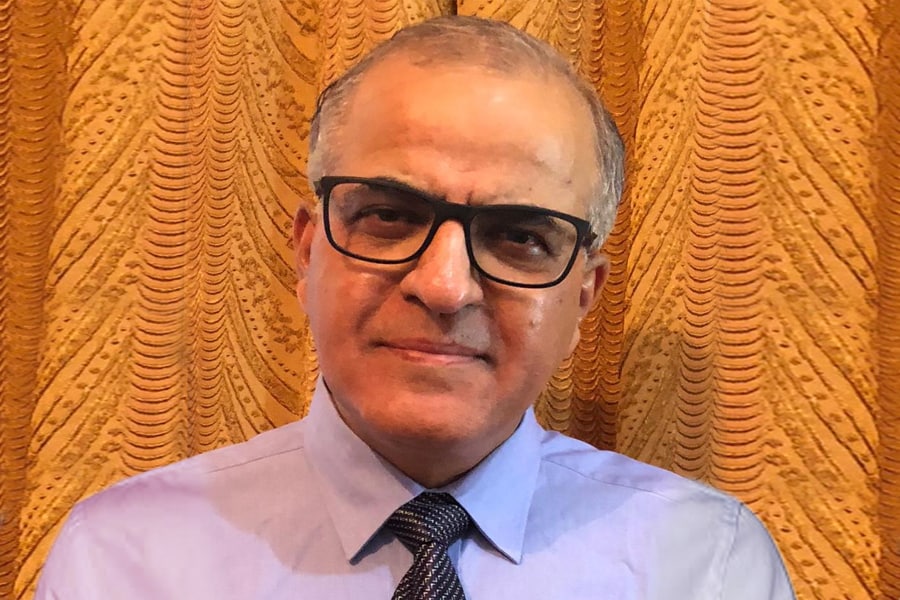Improving quality of life in epilepsy
Dr Shusheel Razdan, MD DM, Consultant Neurologist, Works in Jammu, Visiting consultant Medanta Hospital Gurgaon, Special interest in neuroepidemiology of epilepsy


Epilepsy is a chronic and serious neurological disorder with multifaceted uncertainties and stigmatization which have significant negative role in the QOL of those afflicted by the disorder. Epilepsy carries an enormous social stigma and people with epilepsy (PWE) tend to have lower quality of life (QOL). PWE may have a reduced sense of autonomy as a consequence of being exposed to over protective parental styles and underachieve in the education system due to ill health and absence. PWE are more commonly unemployed or underemployed than the general population which may well be a consequence of stigma or disruptions to academic engagement. This in turn can increase feelings of isolation which may also be compounded by the fear of having a seizure in public. Psychiatric comorbidities such as anxiety and depression are often present in PWE, these can precede and be an outcome of having the condition and impinge on psychosocial outcomes.
Clearly improvements in diagnostic procedures and medical intervention will have important consequences for management, prognosis and psychosocial outcome of epilepsy and in turn improve quality of life. For example, seizure severity is the most influential clinical feature that impacts on felt stigma so seizure management is fundamental in reducing psychosocial consequences in relation to stigma. Two main avenues to increase quality of life in PWE are promoting attitude change in society and in the individual.
Cultural differences in how epilepsy is perceived can influence whether PWE receive adequate treatment, the only way to resolve this is to educate society to increase understanding and reduce stigma. Felt stigma is reported to be the main obstacle for the individual with epilepsy and impacts greatly on social networks, relationships and employability. PWE who have developed efficient coping techniques, have high self-worth and foster more positive attitudes towards their condition are at less risk of psychosocial dysfunction. Therefore interventions that focus on increasing self-worth, developing effective coping strategies and positive cognition will help the individual accept their diagnosis, reduce psychosocial deficits and ultimately enhance quality of life. Cognitive behavioral therapy is likely to be particularly useful to this end and is also effective in managing the comorbid impact of anxiety and depression which are common in PWE.
Disclaimer: The views, suggestions and opinions expressed here are the sole responsibility of the experts. No Forbes India journalist was involved in the writing and production of this article.
First Published: Sep 08, 2020, 12:44
Subscribe Now